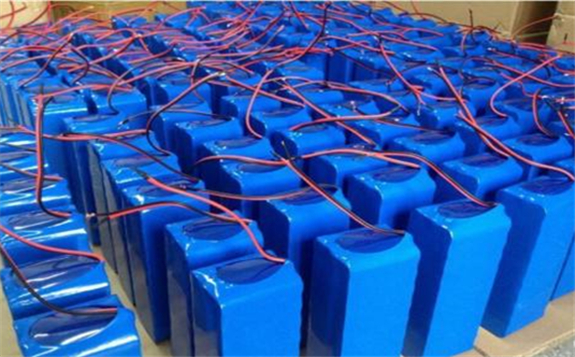Europe has redoubled its efforts to create a battery industry — from mines to manufacturing — as the Covid-19 pandemic highlighted the need for a secure and autonomous supply chain to support its green recovery plans and climate change ambitions.

The EU aligned its recovery from the global pandemic by focusing on twin areas of "green and digital" transition to reinvigorate its economy. "The European Green Deal is our growth strategy," it said.
The recovery plan came against the backdrop of the European Commission, European Battery Alliance (EBA) and European Investment Bank (EIB) reaffirming their commitment to establishing a battery industry in May. It signalled Europe's desire to create a circular economy, reduce dependency on raw material imports and accelerate the uptake of electric vehicle production at the consumer level.
Already the existing subsidies and government support has bolstered the electric vehicle (EV) industry, which helped weather the influence of the pandemic. Although European demand for fossil-fuel powered vehicles declined dramatically in the first quarter of 2020, the electrically-chargeable vehicles segment grabbed a significant slice of the market share and sales more than doubled to 167,132 cars registered across the EU.
Since the announcements last month, interest and investments, especially in lithium projects, have gathered momentum. Lithium is expected to become the newest addition to the EU critical raw materials list this year.
And according to a presentation earlier in the year by Infinity Lithium's executive director Vincent Ledoux Pedailles, Europe will be the second-largest lithium chemical consumer in the world but has none of its own lithium plants yet. Europe imports lithium from the world's largest producers Australia and Chile despite known reserves in countries such as Portugal and Finland.
Lithium mines in Spain, Austria and the Czech Republic moved a step forward after receiving EU funding and government permits last week. Australia-based Infinity Lithium signed a multi-staged funding agreement with EU-backed EIT InnoEnergy to develop its San Jose project that is expected to produce battery-grade lithium hydroxide.
European Metals' subsidiary Geomet received an updated preliminary mining permit for eight years to the eastern part of the Cinovec tin/lithium deposit from the Czech environment ministry. Cinovec is touted as having Europe's largest hard rock lithium deposit and the world's fourth-largest non-brine deposit.
In addition, the Wolfsberg lithium project in Austria, wholly owned by European Lithium, secured initial funds from Greenpeg, an European Commission funded R&D project to support raw lithium sourced from Europe. European Lithium has received initial funds of €120,000.
For the industry, the Belgian-based global materials technology and recycling group Umicore received its first loan of €125mn from the EIB to finance the construction of the greenfield production facility for cathode materials in Nysa, Poland.
The pandemic and the resultant slowdown in global demand weakened spot prices for lithium hydroxide and carbonate. Argus assessed prices for 56.6pc min lithium hydroxide slipped to $8-10/kg fob China on 16 June, from the 2019 average of $12.30-14.20/kg. Spot prices for 99.5pc min lithium carbonate slid to $6.50-8.50/kg cif China on 16 June, down from last year's average of $10.55-12.50/kg cif China.
Despite the near-term spot price falls, Europe's drive is not likely to slow down as the EIB has earmarked €1bn for financing battery-related projects in 2020, which is equal to the amount of support given to this industry in the past decade.